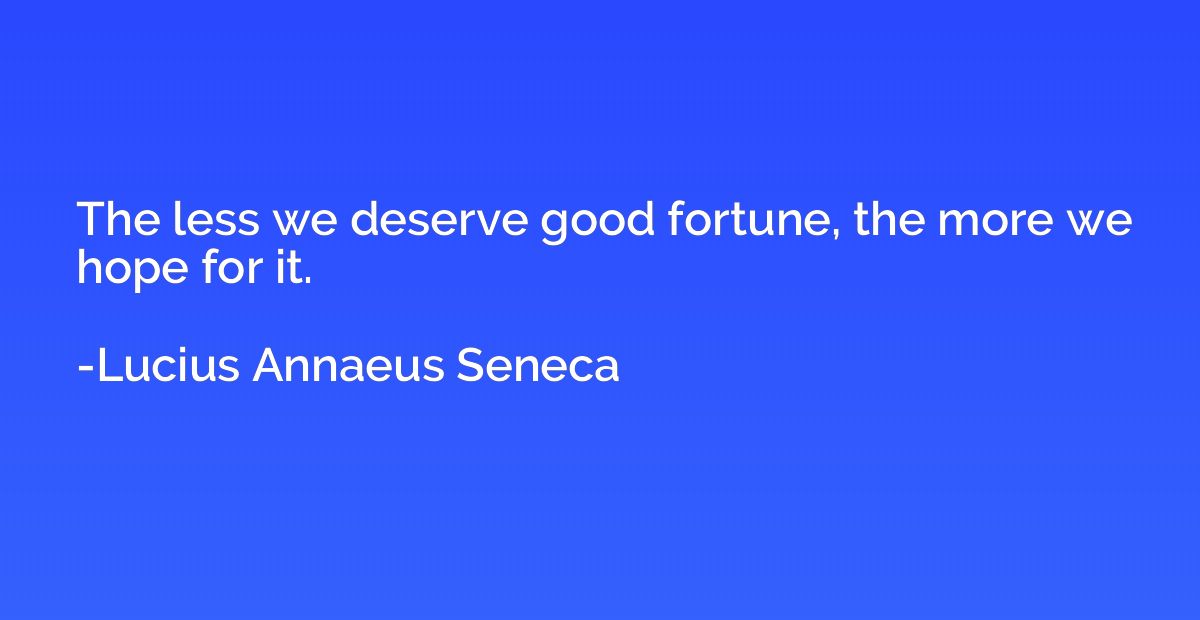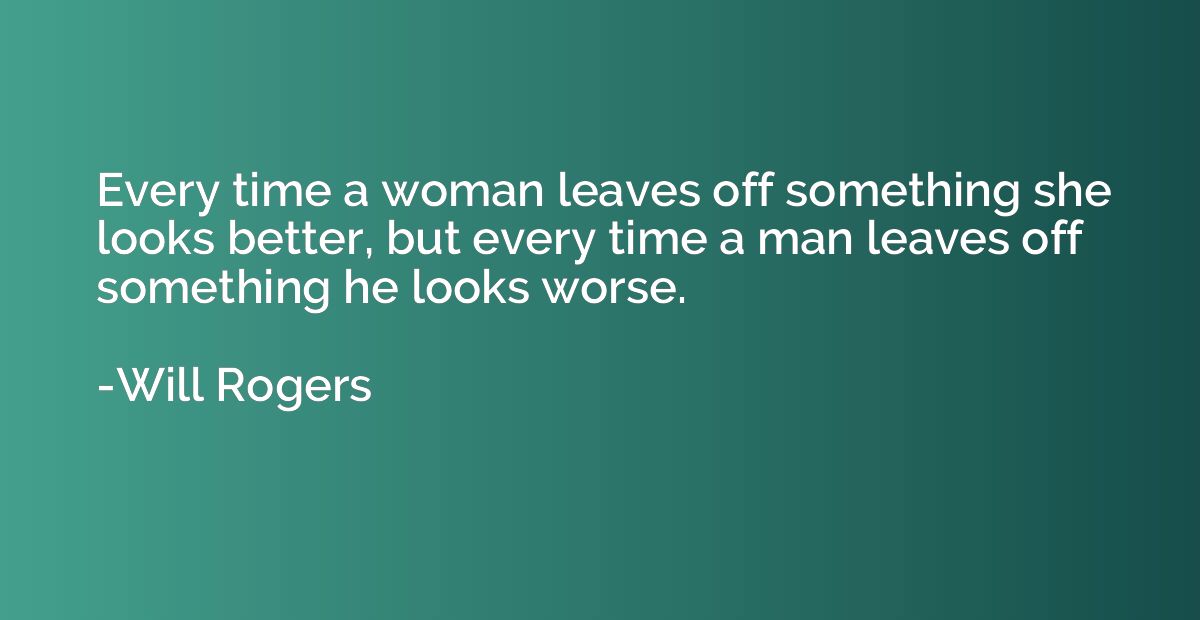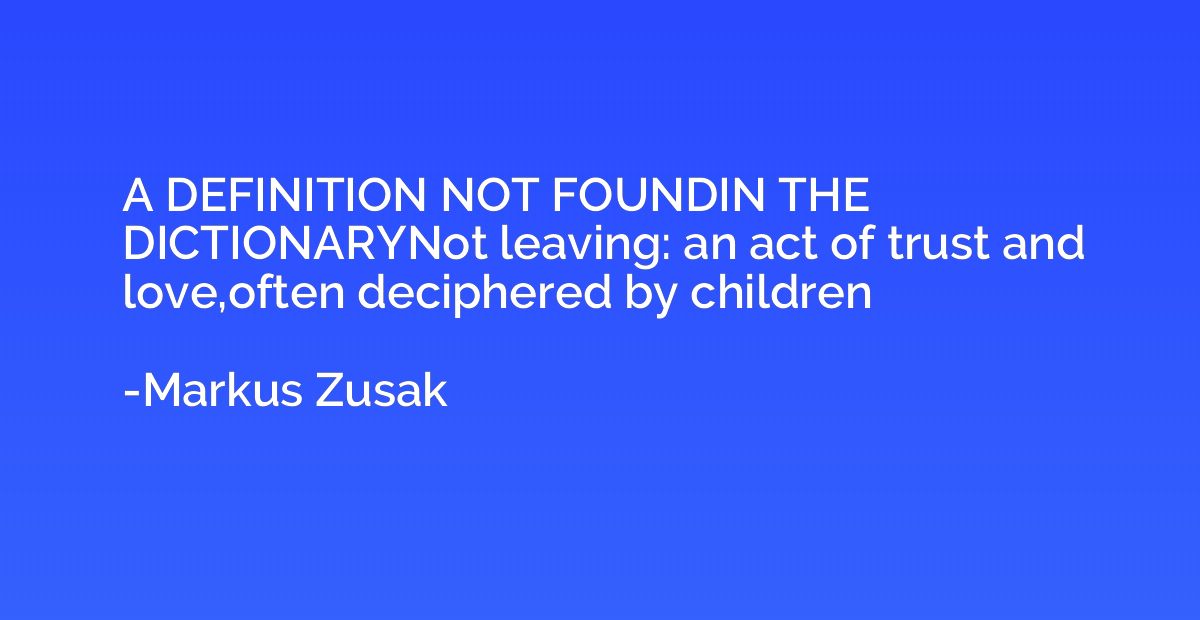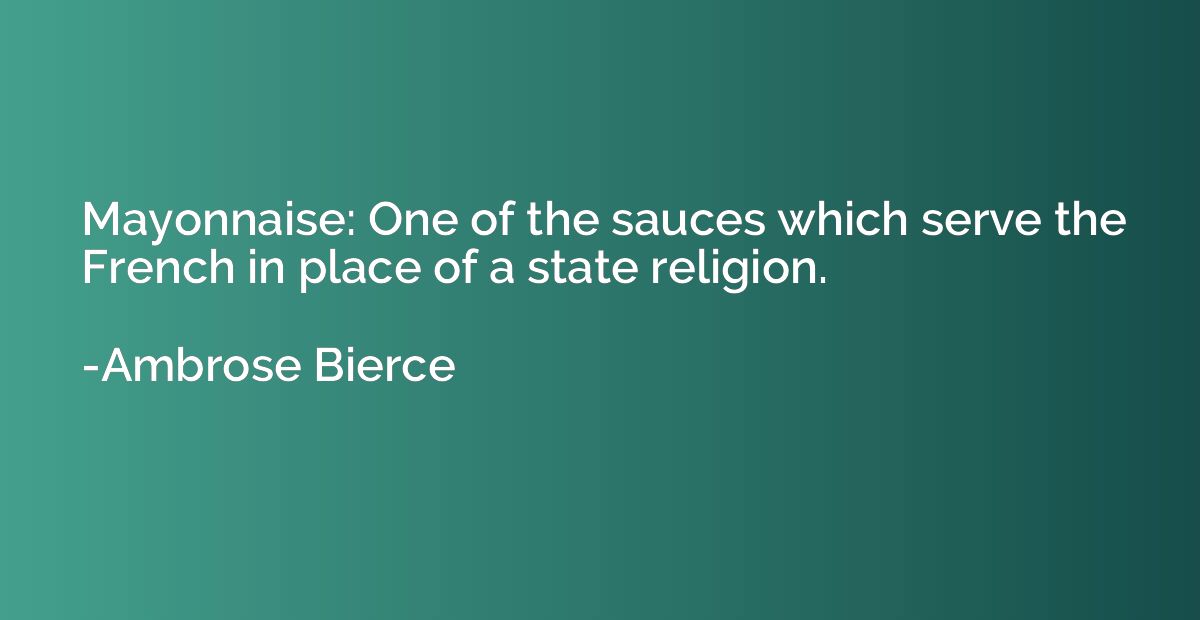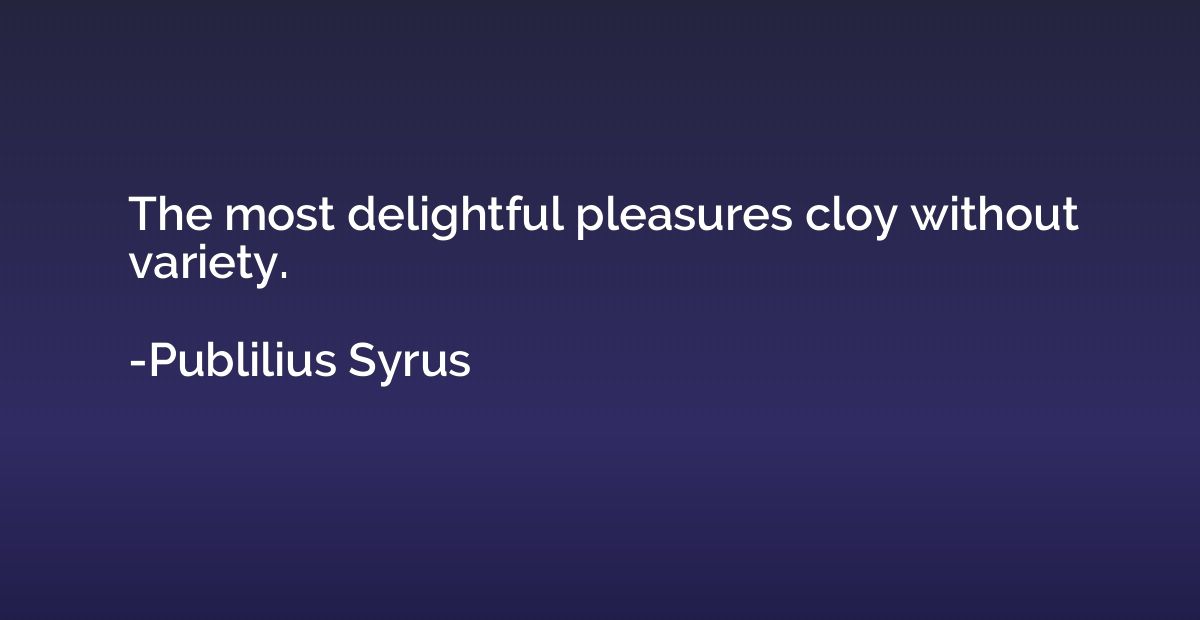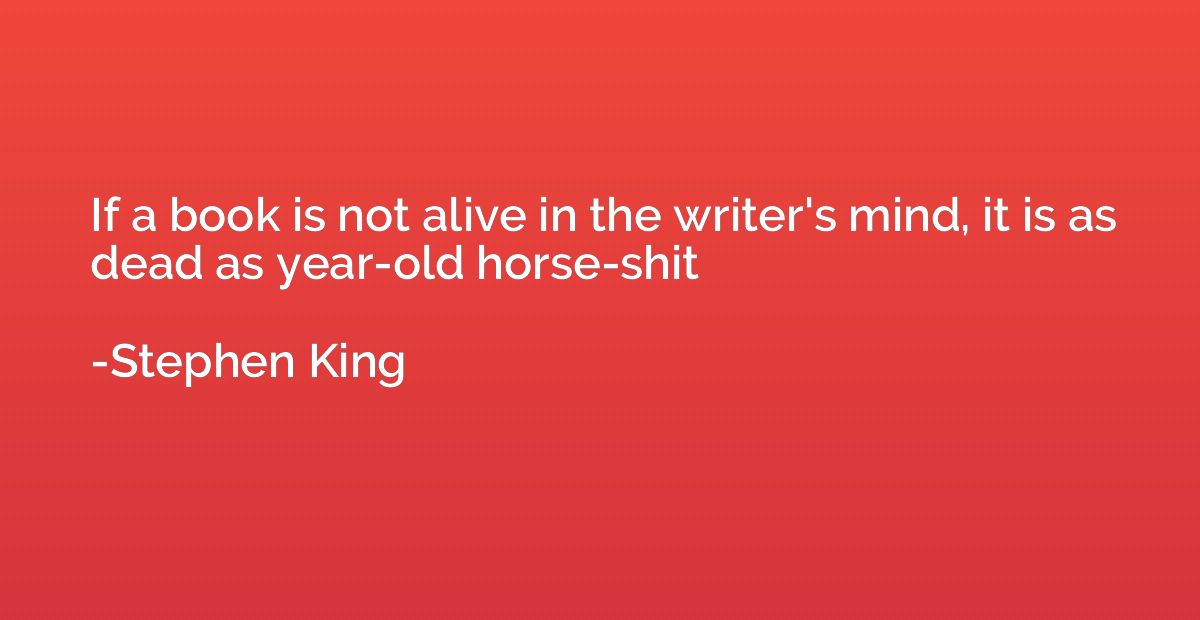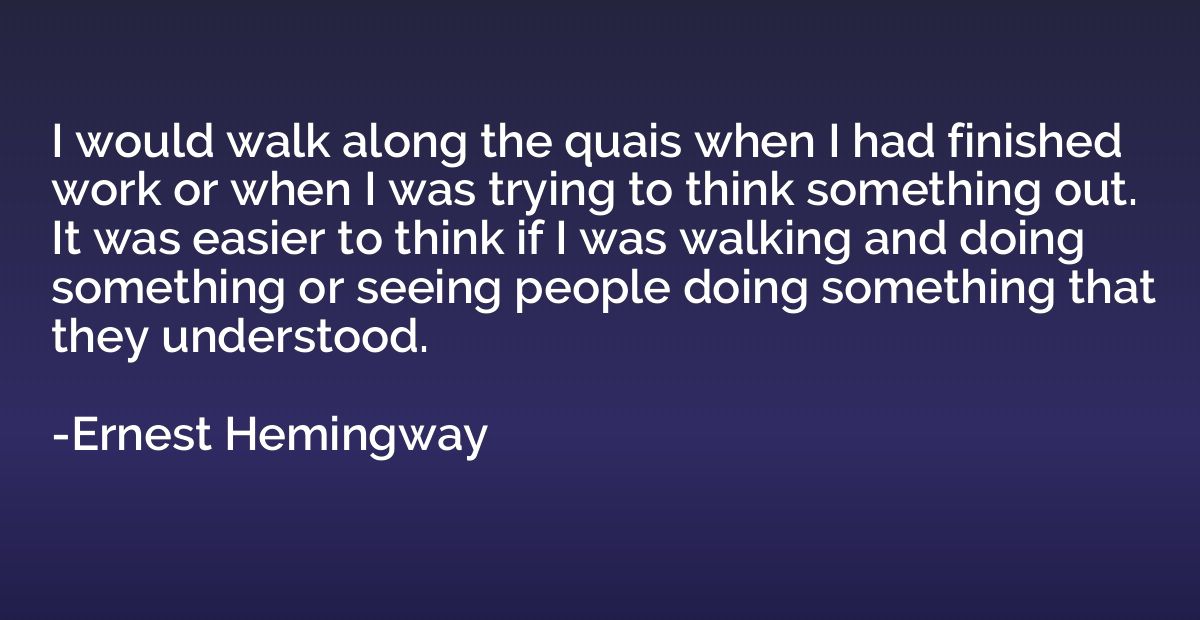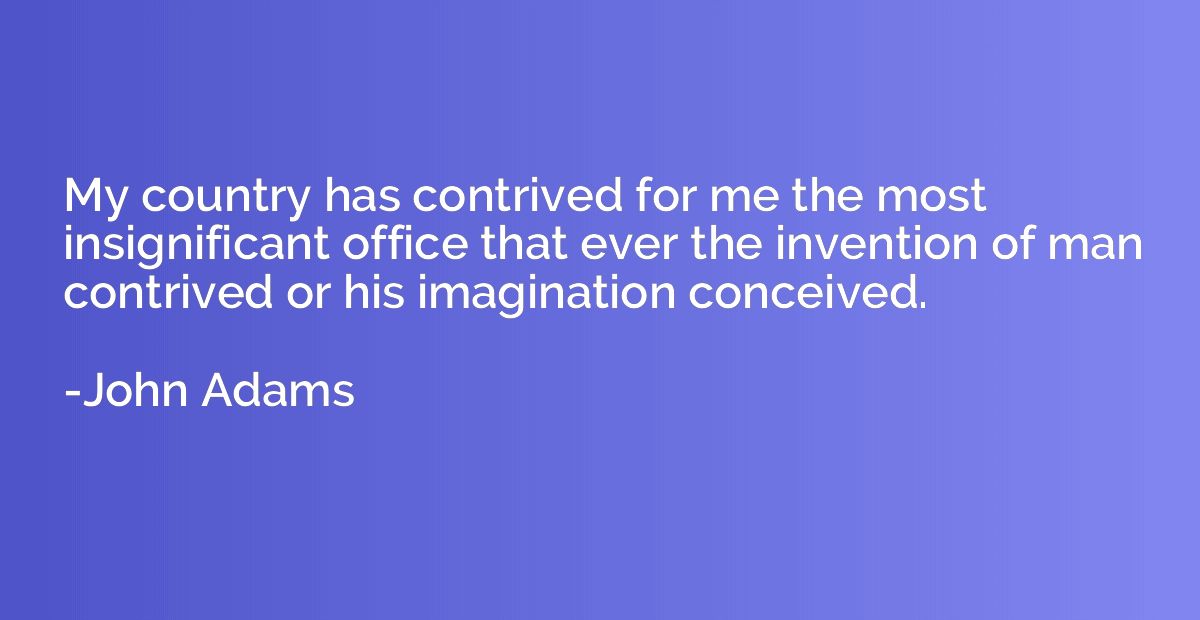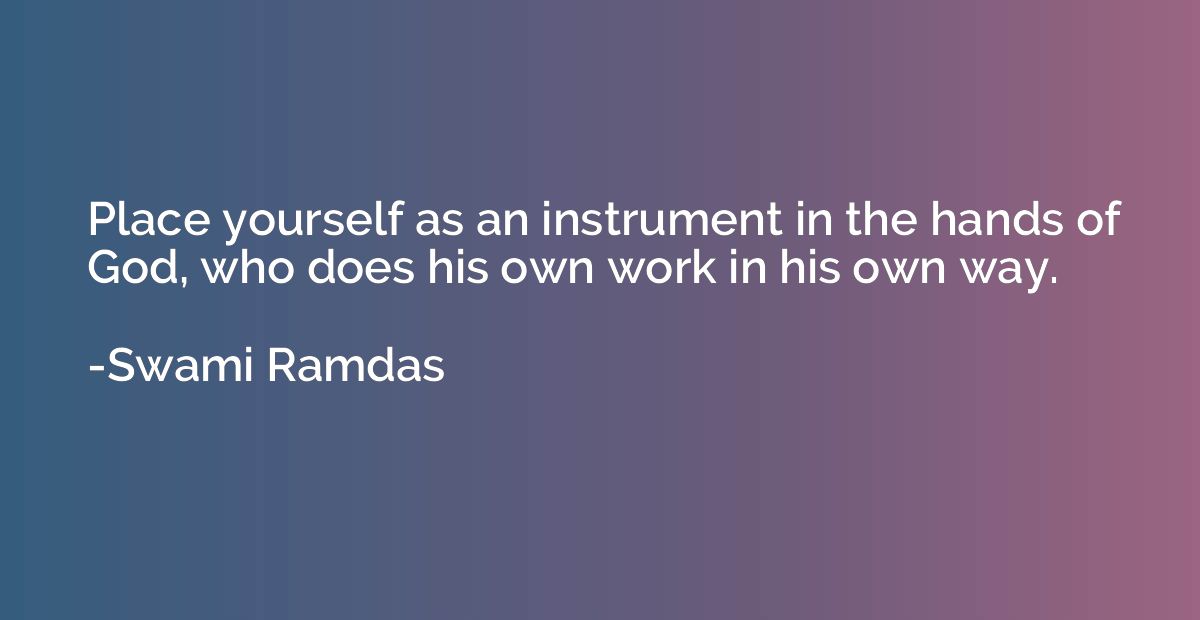Summary
This quote suggests that sometimes, people who feel they do not deserve or are not worthy of good fortune are the ones who yearn for it the most. It implies that when individuals have a perception of themselves as undeserving, they place a greater significance on external factors, like luck or chance, to bring them good fortune. The quote encapsulates how hope can intensify for those who feel they are not entitled to positive outcomes, highlighting the complex relationship between deservingness and aspiration for better circumstances.
